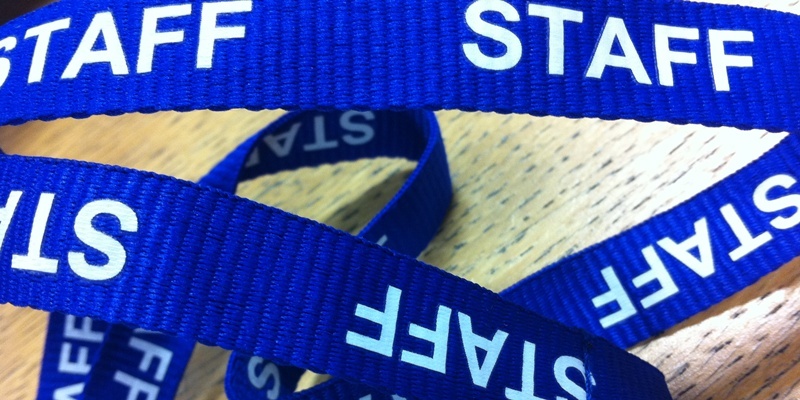Scottish University graduates are working longer hours as they strive to get ahead in a tough labour market.
A survey of 500 graduates has found that one in 10 is working more than 50 hours per week, and almost half feel that they are under pressure to work more than their contracted hours.
The poll was carried out for Graduate Prospects, a website operated by the Higher Education Careers Services Unit.
It found that many ex-students felt they had to put in extra hours to keep on top of their workload or to prove themselves as a committed employee.
The survey also reported a drop in job security, with only 60% of the sample confident about their prospects for keeping their job, compared to 79% in 2009.
Graduate Prospects chief executive Mike Hill said, “This is undoubtedly a sign of the times. The labour market remains uncertain and the full impact of the public sector cuts is yet to be seen.
“Graduates are working hard to ensure they remain in employment and get ahead.”
Just over half of the graduates questioned said they were satisfied with their pay, with fewer than one in five earning £30,000-plus.
One third said they felt their salaries were worse than contemporaries in similar roles.
Mr Hill said, “Graduate expectations of what working life will be like and what salary they are likely to get can be quite different from the reality, which explains why a significant minority suffer from ‘grass is greener’ syndrome.”
